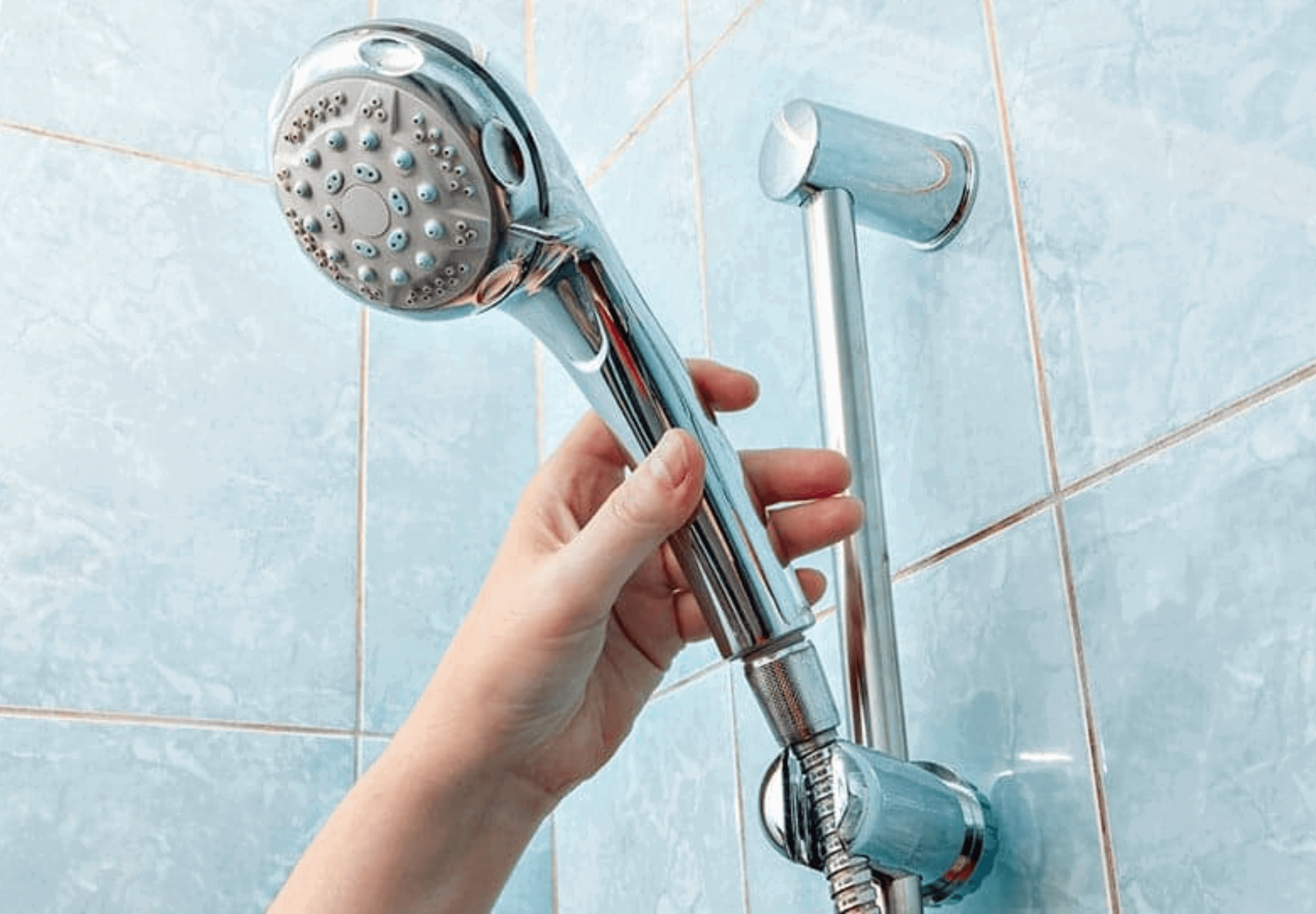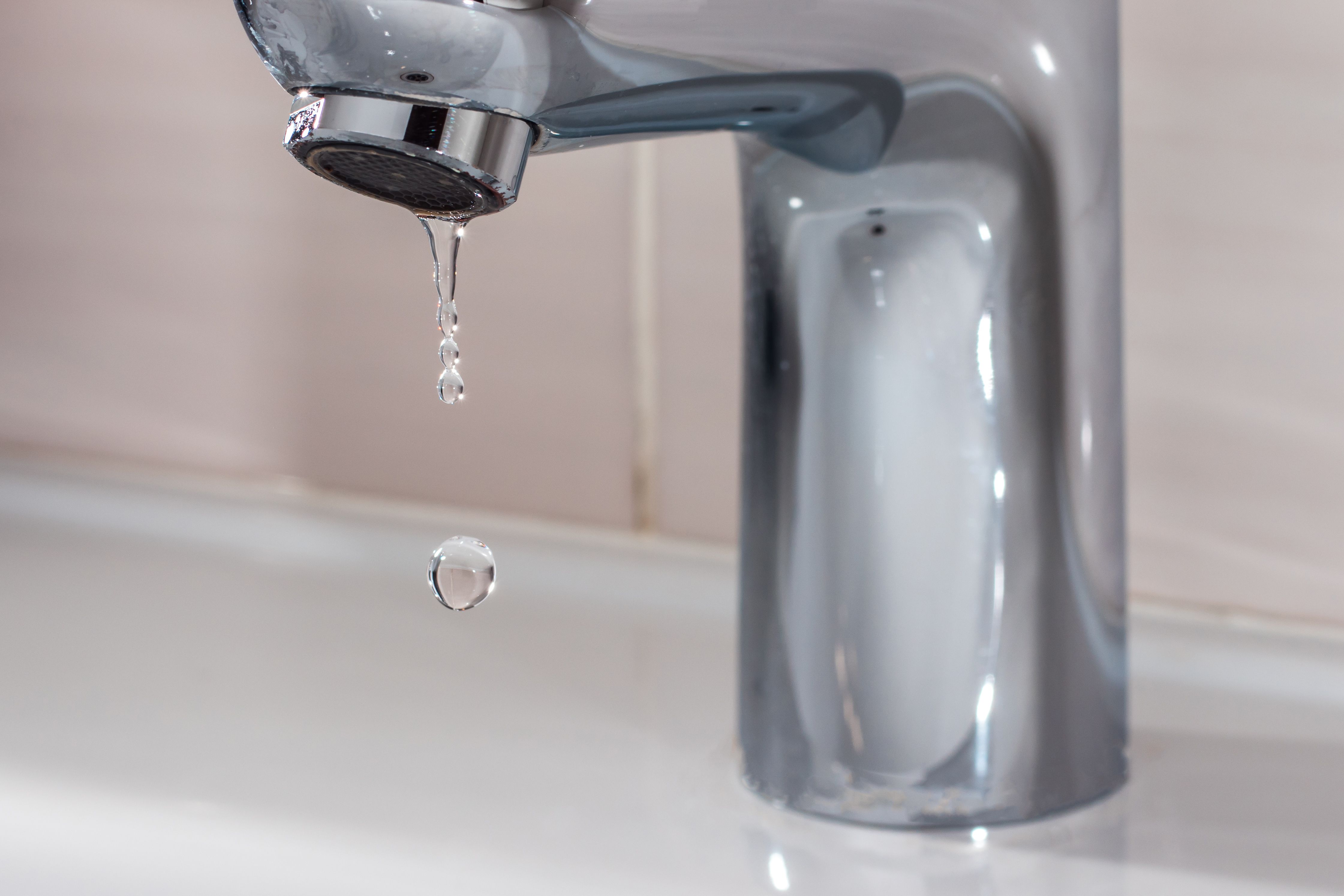5 Common Sources of Water Leaks
5 Common Sources of Water Leaks
Blog Article
The article below about Common Causes of Water Leaks in the Home is extremely enlightening. Don't miss out on it.

"Be cautious of little costs. A tiny leak will certainly sink a wonderful ship." - Benjamin Franklin.
He could not have been a lot more right since water leaks in our homes lead to a waste of sources, raising our water expenses. This rise may appear minimal at initially, it can lead to substantial costs that can break your bank. Aside from an increase in bills, water leaks likewise cause unwanted natural development, structural damages, as well as also electrical threats.
Determining if you have a water leakage isn't always very easy because of being not able to see a lot of the pipework in your house. Nonetheless, If you have had a boost in your water costs recently, observed water discolorations on wall surfaces and ceilings, scented poor smell, and so on. You may want to take into consideration requesting plumbing services to get it looked into.
There are numerous causes of water leakages, as well as we have put together the typical factors listed below. Check to see if you have actually had related concerns in your home just recently.
Weakened pipeline joints
Pipeline joints are the parts of our plumbing system where the pipelines attach. It is important to note that even though pipelines are made to endure stress and last for a while, they weren't created to last for life; consequently, they would certainly wear away over time. A common sign of damaged pipeline joints is too much noise from faucets.
High water pressure
You noticed your house water pressure is greater than typical but after that, why should you care? It's out of your control.
It would certainly be best if you cared because your average water pressure need to be 60 Psi (per square inch) and although your residence's plumbing system is designed to stand up to 80 Psi. A rise in water pressure can place a strain on your home pipes as well as lead to cracks, or worse, ruptured pipes. If you ever before see that your home water pressure is higher than common, contact an expert concerning managing it.
Rust
As your pipework grows older, it gets weaker and also a lot more at risk to rust after the constant passage of water with them, which can gnaw at pipelines as well as cause cracks. A noticeable sign of rust in your house plumbing system is staining and also although this might be hard to discover due to a lot of pipes hidden away. We advise doing a constant appointment every few years as well as change pipes once they are old to make sure an audio plumbing system
Blocked drains pipes
Food particles, dust, and also grease can cause stopped up drains as well as obstruct the passage of water in and out of your sink. Raised stress within the rain gutters can cause an overflow and also end up splitting or breaking pipes if undealt with. To stay clear of blocked drains in your home, we advise you to avoid putting fragments down the tubes as well as routine cleaning of sinks.
Damaged seals
Another reason for water leaks in residences is damaged seals of residence appliances that use water, e.g., a dishwashing machine. When such appliances are installed, seals are set up around water ports for simple flow of water with the machine. For this reason, a broken seal can create leakage of water when being used.
With little or no expertise of plumbing, recognizing your house's plumbing system enough to repair a few of these problems (without effect) can be an inconvenience. Get in touch with plumbing professionals in Pittsburgh, Providence, Rochester, as well as environ today, and they'll make those issues disappear.
He could not have actually been a lot more ideal due to the fact that water leakages in our houses result in a waste of resources, increasing our water costs. If you have had an increase in your water bills recently, observed water discolorations on ceilings and walls, smelt lousy smell, and so on. An increase in water stress can put a pressure on your house pipelines as well as lead to splits, or worse, ruptured pipes. An additional cause of water leaks in houses is damaged seals of home appliances that make use of water, e.g., a dishwashing machine. When such devices are installed, seals are set up around water adapters for very easy passage of water with the equipment.
5 TIPS IN DETECTING A WATER LEAK IN YOUR HOUSE
Water leaks can be hard to find in your home, yet they can be so common. We rely on water every day in our home, which is why a leak can cause big problems. By detecting them early, you can save money and further damage, getting the problem fixed as soon as possible. Here are 5 tips to help you detect a water leak in your home, so you can contact a plumber straight away and get the issue sorted.
Check your water meter
Many people underestimate the value of the water meter in their home. It can be one of the best ways to tell if you have a leak early on, so you can get on top of it before issues start arising. Start by turning off all the water in your home: taps, washing machine, dishwasher, etc. Now take a look at the meter – if it’s still changing with everything turned off, it’s likely you have a fast-flowing leak that you need to get on top of straight away. If nothing changes, then leave your meter for an hour or two and come back to it. Did it change in this time? It’s likely you have a slower leak, which isn’t as urgent but still handy to get fixed so it doesn’t become a bigger problem.
Keep an eye on your bill
Another good way to detect a leak in your home is by keeping an eye on your water bill. It helps if you have a past bill from the same period of time. You can compare like for like and determine whether your water usage has increased significantly. If it has, there may be a leak in your system that you haven’t picked up before. A professional plumber can check through all of your pipes and determine where it is coming from.
Look for damage
If you have a leak inside your home, you will notice damage over time. Take a look at your showers and bathtubs and note whether any of the tiles surrounding the area seem to be discoloured or damaged in any way. There may be water stains, mould or peeling material that has resulted from a build up of moisture over time. Make sure you take a look under sinks at the back of cupboards that don’t get accessed regularly. This is where damage can go unnoticed and build up over periods of time.

I found that write up about Reasons for Water Heater Leaks when scouting around the web. Do you know someone else who is sincerely interested in the subject? Do not hesitate to promote it. Thank-you for taking the time to read it.
Book Today! Report this page